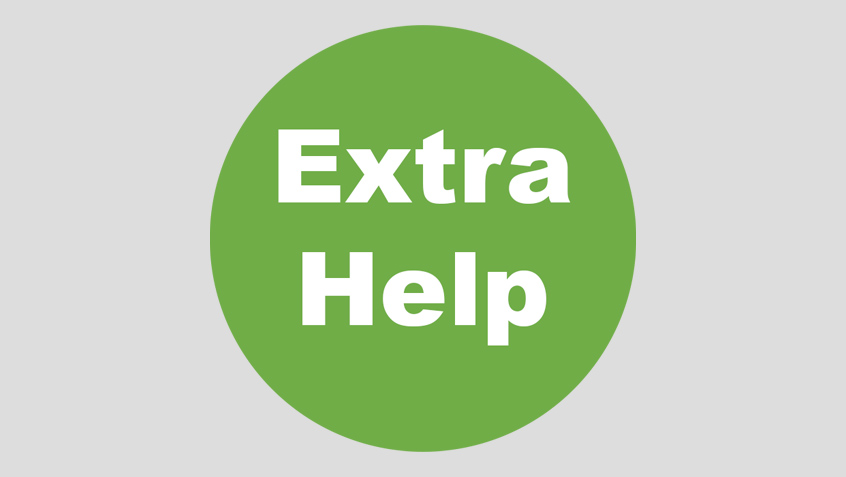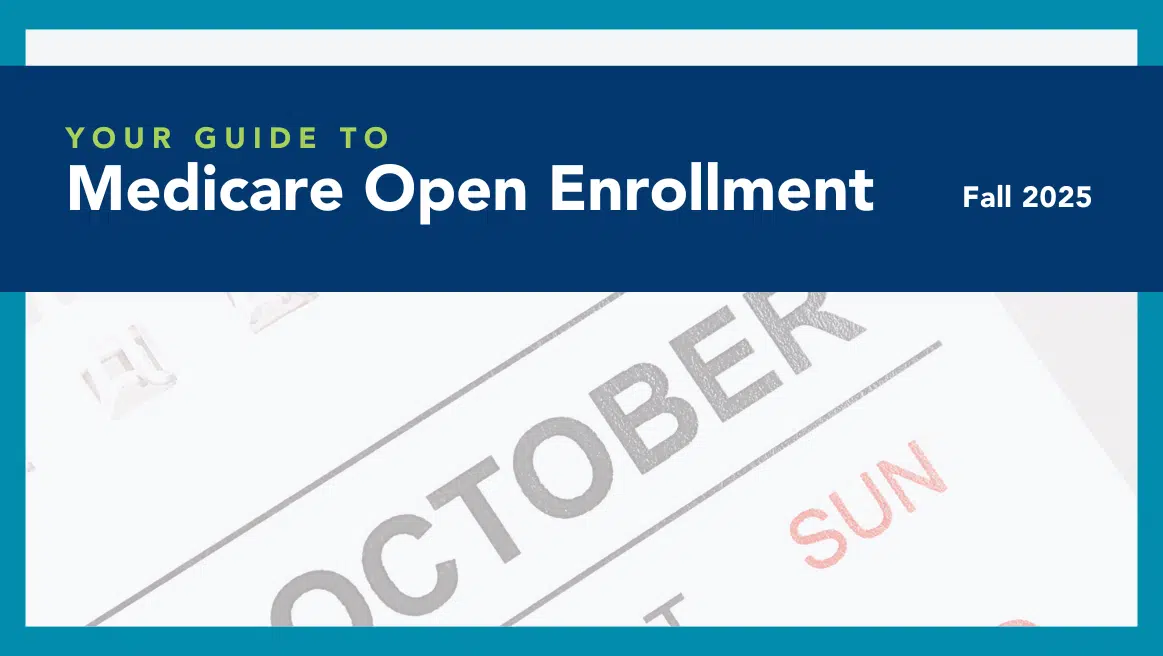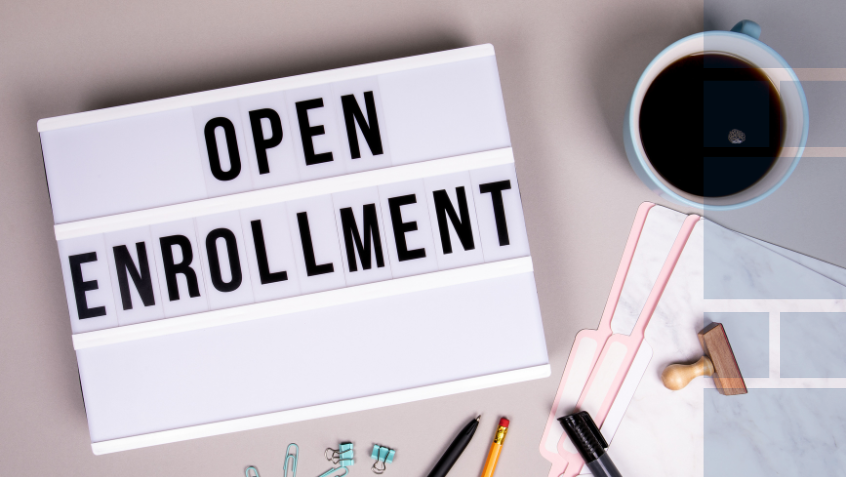Take Action: Tell your senators to reject harmful cuts to health care!

[x_blockquote cite=”Stefano (Rock Springs, WY) ” type=”left”]Dear Marci,
I am new to Medicare. My income and assets are on the low side and I’m having difficulty paying for my prescription drugs. A neighborhood counselor told me about Extra Help. Do you think this is something for me?
[/x_blockquote]
Dear Stefano,
Extra Help, also referred to as the Low-Income Subsidy (LIS), is an option worth exploring. This is a federal program that helps pay for Medicare prescription drug coverage (Part D) costs. In 2017, if your monthly income is below $1,528 for singles ($2,050 for couples) and your assets are below specified limits, you may be eligible. Even if your income or assets are above the limit, you may still qualify for Extra Help because certain types of income and assets may not be counted. For example, if you are a homeowner, your house is exempt.
If you are approved for enrollment in a Medicare Savings Program (MSP), then you will be automatically enrolled in Extra Help. Your Extra Help benefits will have the same effective date as your MSP benefits.
If you do not qualify for an MSP, but you do qualify for Extra Help, you can apply through the Social Security Administration (SSA) using either the agency’s print or online application at www.ssa.gov. You may qualify for full or partial Extra Help. With full Extra Help, you should pay no Part D premium as long as you choose a plan that offers basic coverage and has a premium at or below the Extra Help benchmark premium amount for your state. The benchmark amount varies by state. You will also pay no deductible and have low copays for your drugs. If you have partial Extra Help, in 2017, you will pay a share of your plan’s premium, an $82 deductible, and reduced copays.
If you have Extra Help, you will have a Special Enrollment Period (SEP) to change your prescription drug coverage up to once per month. You can choose a new stand-alone Part D plan, enroll in a Medicare Advantage Plan with prescription drug coverage, or disenroll from your Medicare Advantage Plan and enroll in a stand-alone Part D plan with Original Medicare. Changes made usually take effect the first of the following month. For example, someone may want to change their plan if they need to take a drug that their current plan does not cover. If this person has Extra Help, they have the option of enrolling in a new plan that does cover their drug.
Stefano, depending on the availability in your state, there other two other programs that can help with your Medicare prescription drug costs: state pharmaceutical assistance programs (SPAPs) and patient assistance programs (PAPs).
An SPAP is a state-based program that can help pay the cost of your drugs. Not all states have an SPAP. SPAPs have specific eligibility requirements, application instructions, and rules you must follow in order to get the benefit. You can contact your State Health Insurance Assistance Program (SHIP) to learn if there is an SPAP in your state, or visit www.medicare.gov/pharmaceutical-assistance-program/state-programs.aspx.
A drug manufacturer can offer a PAP, which is an assistance program that provides discounts on certain drugs. These programs can be an option if your income and assets are too high to qualify for a Medicare Savings Program and/or Extra Help. There are different PAPs, and each generally offers discounts on a specific type of brand name or generic medication. The drug manufacturers, not the state or federal government, provide the discounts. Each program has eligibility requirements, application instructions, and rules you must follow to get the benefit. For example, some PAPs only work if you do not have Medicare prescription drug coverage. You can contact your SHIP to learn more about PAPs, or visit www.rxassist.org or www.needymeds.org.
To find your SHIP’s contact information, you can go to www.shiptacenter.org or call 1-877-839-2675 for assistance. A SHIP counselor can help you understand your situation and discuss your specific health insurance needs.
– Marci
Show Comments
We welcome thoughtful, respectful discussion on our website. To maintain a safe and constructive environment, comments that include profanity or violent, threatening language will be hidden. We may ban commentors who repeatedly cross these guidelines.
Help Us Protect & Strengthen Medicare.
Donate today and make a lasting impact.
The Latest
Most Read
Add Medicare to Your Inbox
Sign up to receive Medicare news, policy developments, and other useful updates from the Medicare Rights.
View this profile on InstagramMedicare Rights Center (@medicarerights) • Instagram photos and videos









